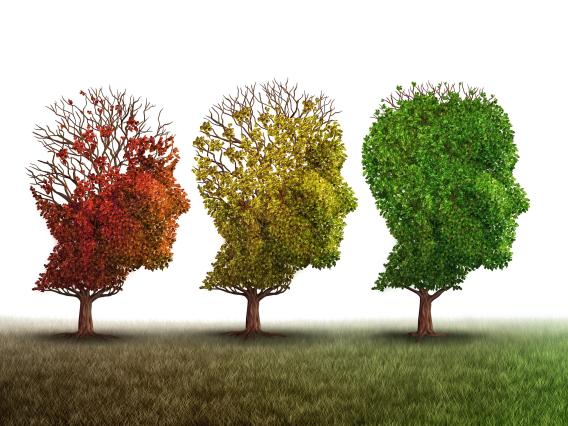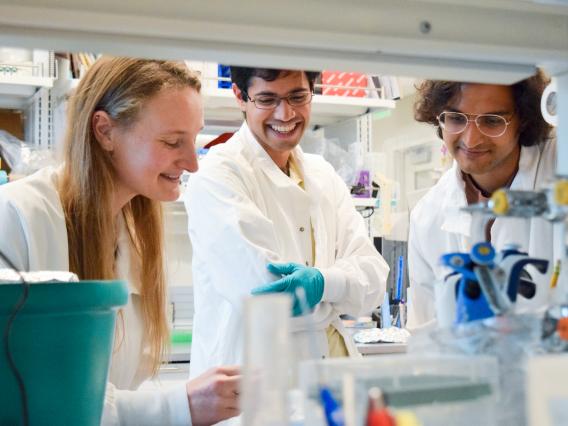The Knight Initiative for Brain Resilience supports bold research that has the potential to offer new insights into the biology of brain aging, the drivers of neurodegenerative disease and opportunities to promote brain health and resilience from fresh perspectives.

